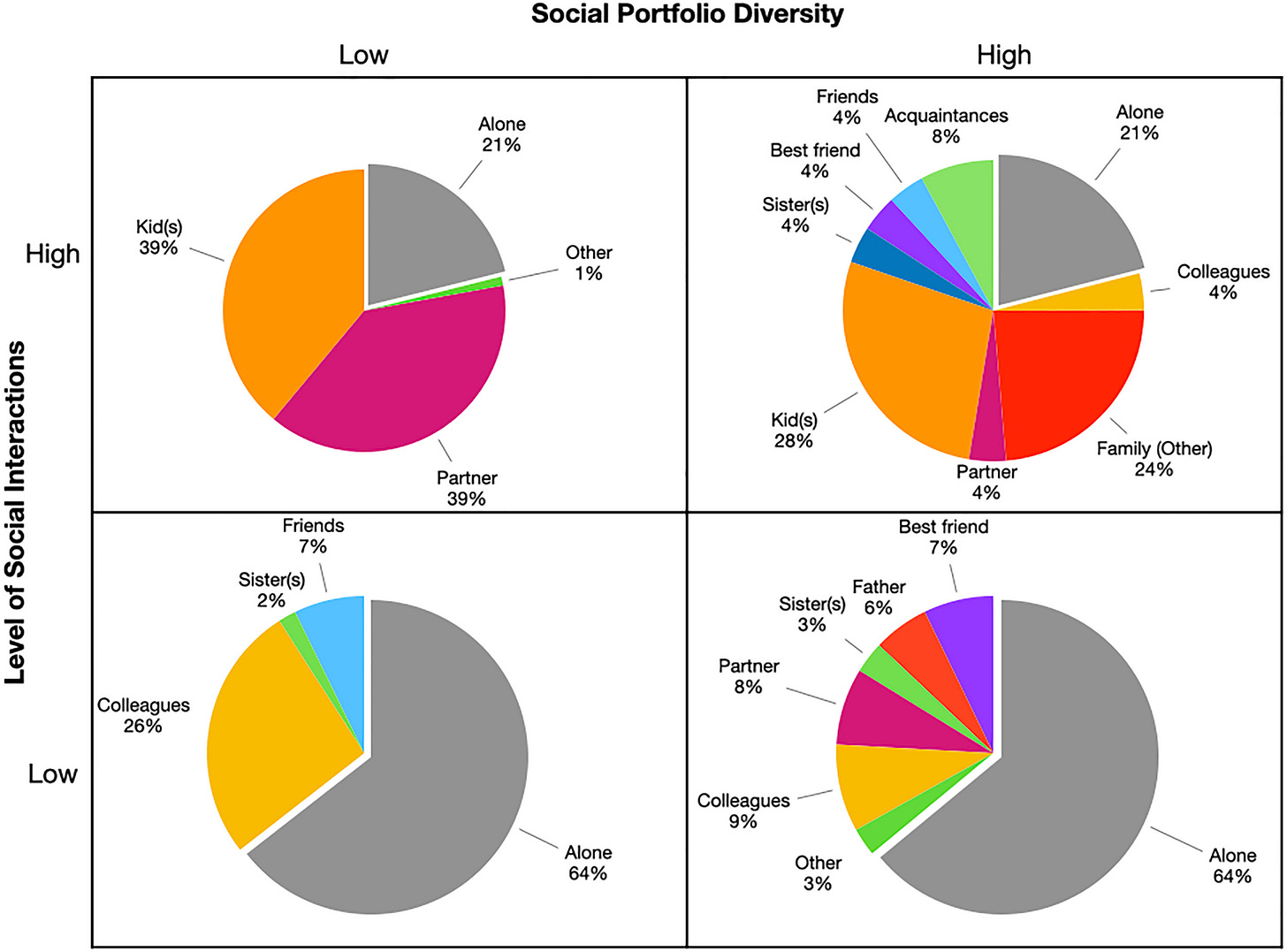“Friendship isn’t a big thing — it’s a million little things.” Paulo Coelho.
Mounting evidence shows that tending to our friendships matters as much to our health as going to bed early and eating well. Want to be healthier? Hang out with your friends reads a recent headline in the Washington Post. In their best-selling book, The Good Life: Lessons From the World’s Longest Scientific Study of Happiness,” Drs. Bob Waldinger and Marc Schulz explain why “social fitness” is as valuable as physical and mental fitness. Ancient wisdom has been right all along — a good life is built with good friendships.
There is no doubt that having a close circle of friends promotes happiness but that doesn’t mean you should only hang out with your “peeps.” A study published in the Proceedings of the National Academy of Sciences makes the case for expanding our social circles. Spending time with close friends and family is great but the results suggest we should also make time for strangers, colleagues, and acquaintances. Diversifying what the researchers call our social portfolio has added health benefits. The more diverse our social portfolio, the happier we are and the higher our wellbeing.
When we are with our nearest and dearest, we tend to be on cruise control. When we are in the company of people we don’t know very well, we inhabit different roles and our sense of self expands — we make more of an effort, we ask more questions, and conversations cover a variety of topics.
As Michael Norton, one of the authors of the study observed, “we try different things with new people, and that can be good for us.” We need an entire community to feel whole. Being around different people brings out different sides of our own identity.
Branch Out
If you tend to log the majority of your time with the same people, consider mixing it up. As Norton suggests, “If you spend 12 straight hours with your spouse, maybe adding the thirteenth hour isn’t as good for you as using that hour for a new relationship with a different person.” As cozy and easy as it is to be with your one and only, make time for other adults in your life too. According to a survey, parents are spending twice as much time with their children compared to previous generations, crowding out other types of friendships and potential connections. Plus, our social networks shifted dramatically during the pandemic. Many got closer to their inner circle but those at the periphery fell away. We lost both acquaintances and friends. Incipient friendships fell by the wayside. At the same time, losses of social ties have hardly been compensated by gaining new ties.
Bottom Line: Make an effort with your friends. Also make an effort with potential new friends.
I wish you all the best,
Dr. Samantha Boardman







